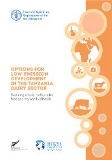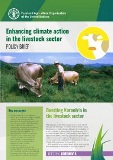Afrique de l'Est
L'élevage est un secteur économique clé et l'une des principales sources de revenus des petits exploitants agricoles et des éleveurs d'Afrique de l'Est. Il y représente environ 26pourcent du PIB agricole. Ici, l’élevage ne fournit pas seulement une sécurité alimentaire, un revenu et un emploi, mais il est également associé à des valeurs culturelles, sociales et religieuses. Ensemble, l'Éthiopie, le Kenya, la Tanzanie et l'Ouganda détiennent près de 40pourcent du total du cheptel bovin de l'Afrique, lequel, avec plus de 120 millions d'animaux, est le plus important de la région. En Afrique de l'Est, les vaches laitières produisent environ 11 millions de tonnes de lait par an et sont réparties sur une superficie de plus de 118 millions d'hectares. La consommation de lait varie considérablement entre les pays d'Afrique de l'Est, mais le lait représente en moyenne 80pourcent de l'approvisionnement total en aliments d'origine animale.










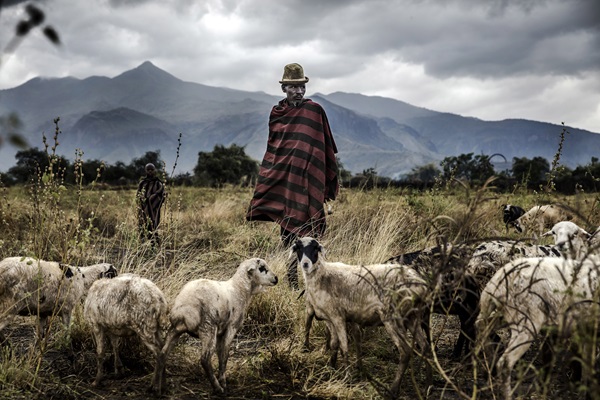

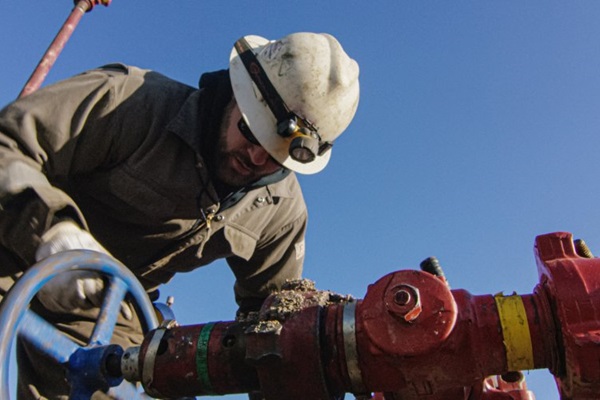

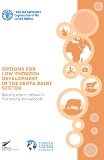

.tmb-th600x450.jpg?Culture=fr&sfvrsn=d1641d27_3)
